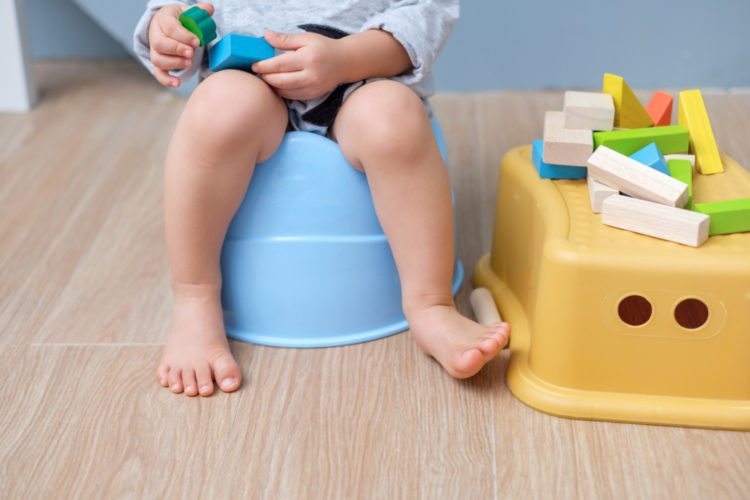Author of ‘How to Raise a Boy’ says we shouldn’t tell our sons to ‘man up’

The language parents use when they talk to their kids can have a long-lasting effect. Sometimes, common words and phrases that have been passed down through generations can do more harm than good because they promote harmful gender stereotypes and put children under extra pressure.
In his 2019 book “How to Raise a Boy: The Power of Connection to Build Good Men,” psychologist Michael C. Reichert, PhD, warns against using the phrase “man up” when speaking to young boys.
“Even with the best of intentions, when parents become preoccupied with teaching boys lessons about being men, it can reduce their sons to projects and overlook their unique personalities for the sake of fitting them — often forcefully — into traditional boxes,” Reichert wrote in Parents.
According to Reichert, most boys are taught to hide their feelings, which means they often lose touch with them and struggle to be emotionally present. This can affect their academic performance, relationships and mental health.
The Harmfulness Of Pressuring Boys To “Man Up”
It’s important to understand the pressures society puts on boys, Reichert adds. From a young age, boys are often told to be “brave” and discouraged from crying or playing with stereotypically “female” toys, like dolls. But not all boys are comfortable with the stereotype of the dominant, competitive male who shows bravery through physical strength.
Reichert offers several ways for parents to support their sons in their emotional development and help them build a strong sense of self, including encouraging them to share their feelings in a non-judgmental environment and fostering independence by accompanying them through challenges without taking over whenever things go wrong.
The phrase “man up” became a talking point in the U.K. last year after it was used by the foreign secretary at the time, Jeremy Hunt.
Michael Conroy, whose organization Men At Work helps boys and young men deal with issues around masculinity and feminism, expressed his disappointment to the BBC.
“Today, tomorrow and the day after, I’ll be talking to young men about how phrases like ‘man up’ are harmful and asking them what they think about it,” Conroy said. “There’s a real push, it seems at the moment, about male mental health, about acknowledging vulnerability, but then we just keep coming back to these high-profile voices using careless phrases.”

Forcing Boys To Be “Manly” Doesn’t Help Anyone
In 2018, a YouGov survey of young men in the U.K. found that 61% of them feel pressured to “man up,” 67% of 18-24 year olds felt compelled to display “hyper-masculine” behavior in tough situations and 55% said crying in front of others would make them feel like less of a man.
“To be masculine is often associated with being boorish, aggressive, inconsiderate and sometimes violent,” Christopher Muwanguzi, CEO of Working With Men, the charity who commissioned the survey, told The Independent.
“We see it as early as the toddler years, when a boy who falls down, is told not to cry and to be a ‘man’ versus the girl that is comforted,” Muwanguzi continued.
“Men are often expected to man up when faced with challenges, even when tackling serious mental health issues or complex problems. This means that many of them will not ask for help early enough, reinforcing the tradition of men asking for help when it’s often too late.”






